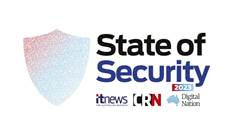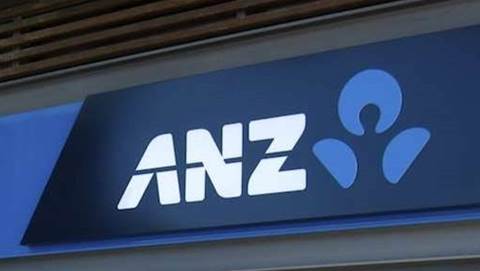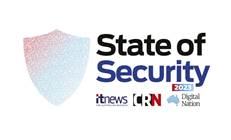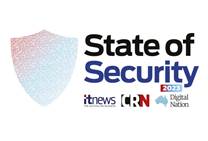The government has released recommendations to regulate crypto and digital assets that are designed to balance consumer protection while supporting innovation.

The Treasury said “the proposed regulatory framework would apply to organisations offering digital asset services that hold parallel risks to the traditional financial system."
“It seeks to leverage the Australian Financial Services Licence (AFSL) framework to regulate digital asset service providers to ensure consistent oversight and safeguards for consumers,” the proposal paper stated [pdf].
This would see digital asset platforms holding over a certain threshold of Australian assets ($1500 for an individual; $5 million in aggregate) required to hold an Australian Financial Services Licence.
The report stated that “the consumer harms associated with digital assets have centred around the vulnerabilities of intermediaries”.
It pointed to the “recent failures of digital asset platforms” which “led to considerable consumer losses."
“For instance, the collapse of FTX alone affected approximately 50,000 Australian consumers.”
Cryptocurrency exchange platform FTX rose to prominence in 2019 before it crashed in 2022 with the founder and CEO Sam Bankman-Fried now facing trial.
The paper said common failures included “significant loss” of consumer assets, poor management, and “operational resilience”, and “instances of fraudulent activities and widespread conflicts of interest”.
It said while regulation will bring a framework to address “the significant risks and potential harms associated with digital asset platforms” it also said that "consumers and businesses have the opportunity to safely explore and share in any benefits of the technology”.
Treasurer Jim Chalmers MP said in a joint statement with assistant treasurer and minister for financial services Stephen Jones that “digital asset platforms will need to meet specific obligations that take into account the nature of the platforms.”
“This will include minimum standards for holding tokens, standards for custody software, and standards when transacting in tokens," they said.
“The government is acting methodically to ensure that consumers are adequately protected and innovation can flourish.
“Our proposals have been designed to ensure they are consistent with other jurisdictions, adopt existing financial service laws as appropriate and create new bespoke obligations in the areas of highest risk”.
Submission of feedback for the proposed framework closes at the start of December.
The digital asset bill
Currently before the parliament is a new private bill designed to regulate digital assets like cryptocurrencies that would require anyone operating a digital asset exchange or service to hold a licence granted by ASIC or a recognised foreign licence, if passed.
The Digital Assets (Market Regulation) Bill was introduced by Senator Andrew Bragg, which he said would “put Australia back into the race to regulate”.
On Monday, Bragg commented that the new proposal paper “recognises the need for crypto regulation to protect consumers."
“But Labor has locked Australia into the slow lane on crypto reform," he said.
He added that the ‘crypto asset secondary service providers: Licensing and custody requirements’ released by the previous government in March 2022 “is effectively a rehash of what we have seen today.”







 Forrester Technology & Innovation APAC 2023
Forrester Technology & Innovation APAC 2023


















